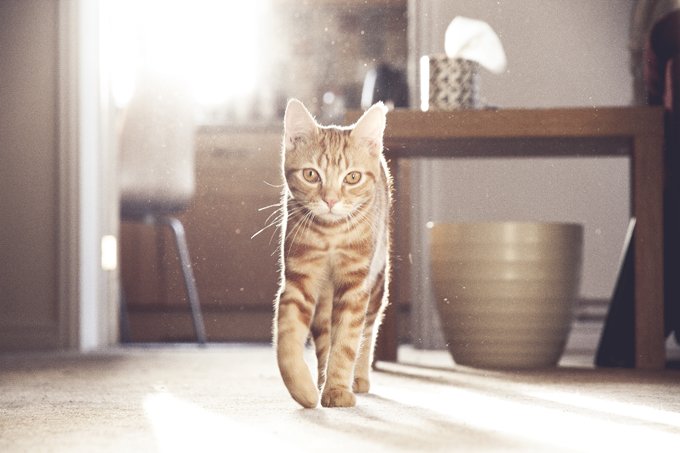Question: Are vaccines necessary for indoor cats?
Answer: Like many veterinarians, I wish I had a quick and simple answer, but there is no “one size fits all” solution to the complex (and sometimes controversial) question of what vaccines should be given to cats. Some people hesitate to vaccinate their cats due to concerns about over-vaccination and a type of tumor called a vaccine-associated sarcoma. Some cats are really difficult to take to a veterinary hospital. However, discussing your cat’s individual risk factors with your veterinarian before skipping any shots is important.
The American Association of Feline Practitioners vaccination guideline recommends that kittens get a full series of vaccinations against panleukopenia, feline herpes type 1, calicivirus, feline leukemia, and rabies followed by a booster one year later. The type and frequency of vaccines given after that point varies considerably, depending on a cat’s lifestyle, and where you live. If your cat is truly 100% indoors and does not have contact with indoor-outdoor cats, the current recommendation is to continue to receive boosters for panleukopenia, feline herpes type 1, and calicivirus every 3 years, as these diseases do not require direct cat-to-cat contact to spread.
Also, rabies vaccination should comply with local legal requirements. Even if rabies is not mandatory where you live, there are other reasons to give it to an indoor-only cat: if it is likely that wildlife (especially bats) might come into your home, if it is likely your cat might bite a person, or if you may be taking your cat overseas within a year.
If your cat’s risk of disease exposure warrants more vaccines and more frequent vaccination, talk to your veterinarian about newer types of vaccines (such as non-adjuvented and transdermal vaccines) that reduce the risk of sarcomas. And for cats who don’t want to make the trip to the hospital, find a doctor who will come to you! House-call veterinarians are available in many areas.




